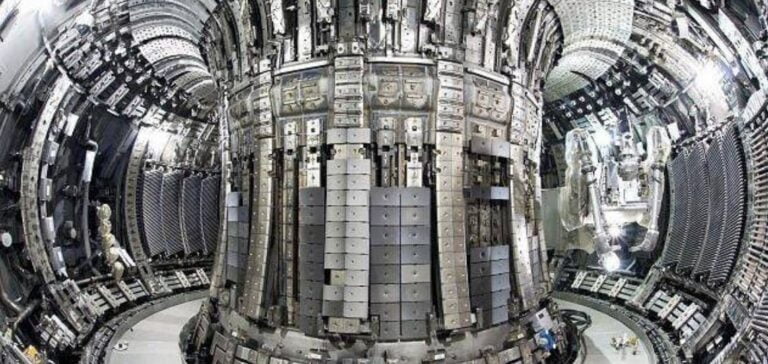The UK government has introduced a proposed National Policy Statement for fusion energy. An innovative and promising field with many partnerships and challenges. This initiative aims to clarify and simplify the planning process for fusion facilities in England. It is designed to exclude these facilities from the more stringent regulatory procedures reserved for fission nuclear power plants.
Technology neutrality and flexibility
The proposed policy is technology-neutral. It covers all smelting plants, including those producing heat for industry. In addition, this approach aims to ensure that all types of merger projects are included in the Nationally Significant Infrastructure Projects (NSIP) process.
Implications for investors and local communities
The clarified regulatory framework is expected to attract long-term investment. It promises to keep decision-making expertise at national level, avoiding disadvantages for local authorities who lack specialist knowledge. What’s more, the system is designed to maximize local economic benefits without imposing an excessive administrative burden.
Environmental and social commitment
The new policy avoids specifying predefined sites for future fusion facilities. This also allows greater flexibility and stimulates innovation without restricting emerging technologies. The government is banking on a more positive reception for fusion than for traditional nuclear technologies. In this sense, the British government declares that it:
“doesn’t want to exclude communities that are open to fusion technologies where they wouldn’t accept traditional nuclear technologies although it’s likely that the first fusion power plants won’t be located near urban populations.”
In addition, the sites will respect environmental and public health considerations. Andrew Bowie, UK Minister for Nuclear and Renewable Energy, says:
“The UK has been at the forefront of fusion energy development for decades and is in a unique position to capitalize on the environmental and economic benefits that this transformational new energy source can bring, including at a local and regional level… through this consultation, we want to hear from communities, industry and investors to ensure that the National Policy Statement fully supports the development of fusion power stations.”
Regulatory and technical considerations
Developers will need to consider the management of radioactive waste, including storage, transport and disposal. The government insists on safe treatment of hazardous waste, in line with existing planning policies, which also include flood risk and biodiversity.
This consultation on the regulatory framework for fusion energy illustrates the UK’s commitment to developing this clean technology. At the same time, it offers a stable and favorable regulatory vision for the decades to come, encouraging investment and community involvement.





















